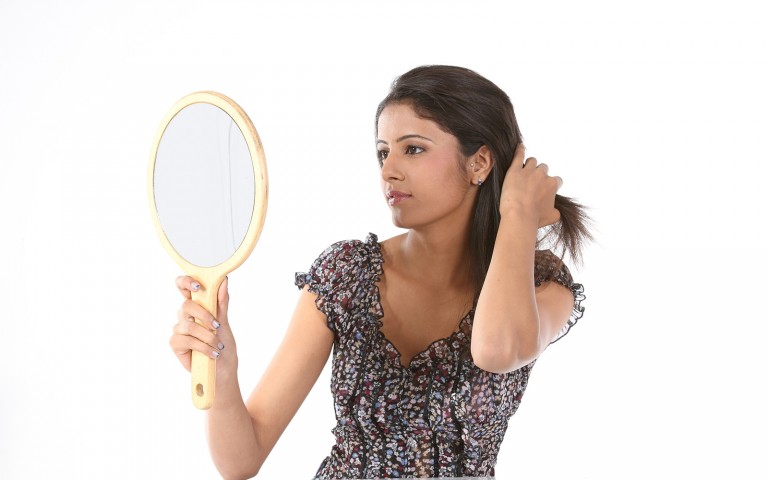
Omkr | Dreamstime.com
Although print magazines and TV are often blamed for its objectification of women and as the reason that women compare themselves to picture perfect models and celebrities, research has found that using social networking websites also plays a role when it comes to low self worth with regards to physical appearance.
In a study led by Jasmine Fardouly and published in Psychology of Women Quarterly, researchers examined the link between self-objectification, meaning the mindset where a person considers her own body from the perspective of an observer and as an object to be gazed upon, and the use of different forms of media. Self-objectification can spawn feelings of inferiority, low self esteem and body image issues. The study focused on young women aged 17-25 years and the media forms were limited to the social networking site Facebook, television, music videos, fashion magazines and anything else on the Internet aside from Facebook.
The researchers found that two forms of media, fashion magazines and Facebook, were highly linked to increased self-objectification. However, while fashion magazines did have a considerable correlation to self-objectification among young women, it also got less of their time. Where the women did spend more of their time was on Facebook. On average this added up to about two hours each day spread out over multiple visits, representing up to 40% of their daily Internet use
During their time on Facebook, the women compared how their present appearance matched up to their own previously uploaded images, as well as to those of their peers. Surprisingly, they hardly ever compared themselves to photos of celebrities, like in fashion magazines, or to family members. This difference from magazines could be because social networking provides a more personal connection to users. It is their own information and images on display, along with people they know and have relationships with.
Digging further, they found that while women compared their present selves to images of themselves, close friends and distant peers, it was the comparison to friends and peers that had the strongest links with self-objectification. While the researchers speculated as to why peers may have more of an effect on self-objectification, they offer no conclusive reason and called for further study.
It also remains to be seen whether Facebook causes self-objectification in women, or whether women who are prone to self-objectification go to Facebook, and whether this link holds for other social networking sites, especially more image-centric ones such as Instagram and Pinterest. Nevertheless, there does appear to be an unhealthy link between Facebook, possibly other social media apps, and women’s self-objectification.
It is not clear what could be done to address the issue. While the authors suggest reducing appearance-based content on Facebook, and that women not follow pages that are heavily appearance based, those seem unlikely courses of action.
Do you think that this is an issue? Do you have a solution? Leave a comment below. Please like FamiLife’s page on Facebook so that you get all our articles and others may find us.
